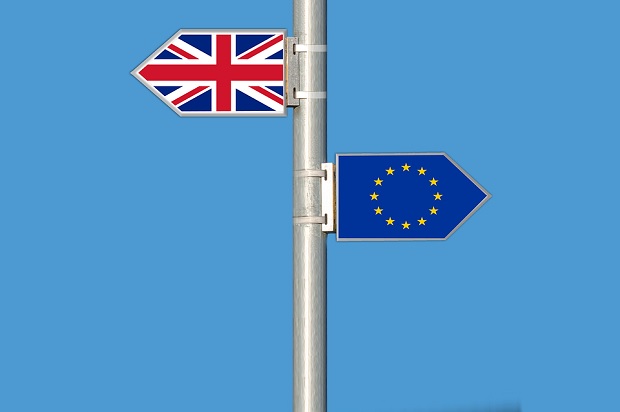The UK has confirmed that the country will not be part of the European Union’s Digital Single Market after Brexit, seeing a potential return to mobile roaming charges and geo-blocking.
In a major speech outlining the UK’s position on Brexit last week, the UK Prime Minister Theresa May confirmed the country will leave the newly created market, in move that will see its citizens lose a number of recent rights, such as the abolition of mobile roaming fees and restrictions on retailer geo-blocking.
“On digital, the UK will not be part of the EU’s Digital Single Market, which will continue to develop after our withdrawal from the EU,” confirmed May. “This is a fast evolving, innovative sector, in which the UK is a world leader. So it will be particularly important to have domestic flexibility, to ensure the regulatory environment can always respond nimbly and ambitiously to new developments.”
The European Digital Single Market has brought a range of benefits including the abolition of mobile roaming charges and rules designed to prevent ‘geo-blocking’ due to go into force this December.
But the UK’s exit means that its citizens will not be benefiting from these or any other Digital Single Market regulations going forward.
Activated only in 2017, the ban on mobile roaming charges allows lets across the European Union to use their mobile call and data allowances in any other EU nation without additional charges, while out-of-allowance usage is charged as though they were in their home nation.
The upcoming rules on geo-blocking prevent companies operating in more than one European nation from redirecting customers elsewhere – meaning that if a product is cheaper in France than Italy, the company’s French website mustn’t force Italian visitors to the Italian site.

